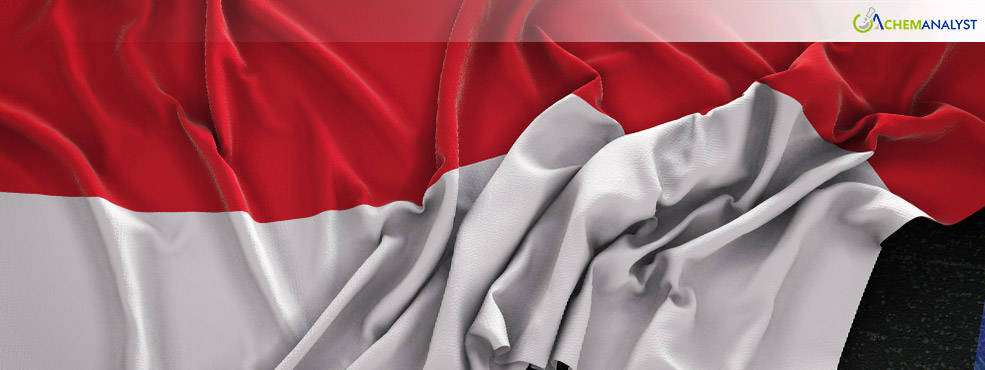Welcome To ChemAnalyst

On Thursday, Indonesia’s parliament unveiled a proposal to revise the nation’s mining law, aiming to support the accelerated growth of its mineral processing sector and bring more inclusive regulations for religious organizations and universities. The move comes as part of President Prabowo Subianto's ambitious plans to expedite the country’s energy transition and mineral processing industry development. A plenary meeting held by the parliament has set the stage for the formal deliberation process of these proposed amendments.
The proposed revisions include key changes designed to prioritize specific groups in accessing mining areas, particularly in sectors crucial for Indonesia's economic transformation. One of the central proposals in the draft bill is to give select companies priority access to mining zones for downstream purposes. This will be based on a series of criteria, including the size of their investments, their plans to add value to the minerals extracted, and their ability to create jobs for local workers. This new provision is aimed at spurring the development of the mineral processing industry within the country, with an emphasis on adding value to raw materials rather than merely exporting them. By prioritizing companies that meet these criteria, Indonesia hopes to create a more robust, value-added mining industry that benefits both the economy and local communities.
Another key revision includes granting priority access to mining permits for religious groups and universities. Under the proposed changes, these institutions could be granted mining areas for certain types of metal ores, provided they demonstrate the capability to manage the operations effectively and present plans that contribute to local economic and educational development. This new regulation expands on a 2023 policy that allowed religious organizations to manage mining assets, a move that critics argued was designed to reward religious groups for their political backing. However, the government denied these accusations, stating that the policy was meant to provide these institutions with a steady income stream while benefiting the wider community. By integrating universities and religious groups into the mining sector, the government hopes to promote education, technological development, and social welfare through their involvement in mining operations.
Additionally, the bill proposes prioritizing small-scale mining operations for areas smaller than 2,500 hectares (approximately 6,178 acres). This provision is aimed at fostering local economic development by involving small businesses and local communities in the mining industry. By opening up mining opportunities to smaller enterprises, the government intends to provide a boost to the local economy, creating more employment and entrepreneurial opportunities for those who might otherwise be excluded from the sector.
These proposed changes reflect Indonesia’s broader strategy to develop its mining industry while ensuring that benefits are distributed across various sectors of society. By aligning the mining law revisions with economic, educational, and social development goals, Indonesia aims to create a more sustainable and inclusive approach to resource management. As the formal deliberation process continues, the revisions could potentially reshape the future of the nation’s mining landscape, bringing about significant benefits to local communities, educational institutions, and the broader economy.
We use cookies to deliver the best possible experience on our website. To learn more, visit our Privacy Policy. By continuing to use this site or by closing this box, you consent to our use of cookies. More info.
